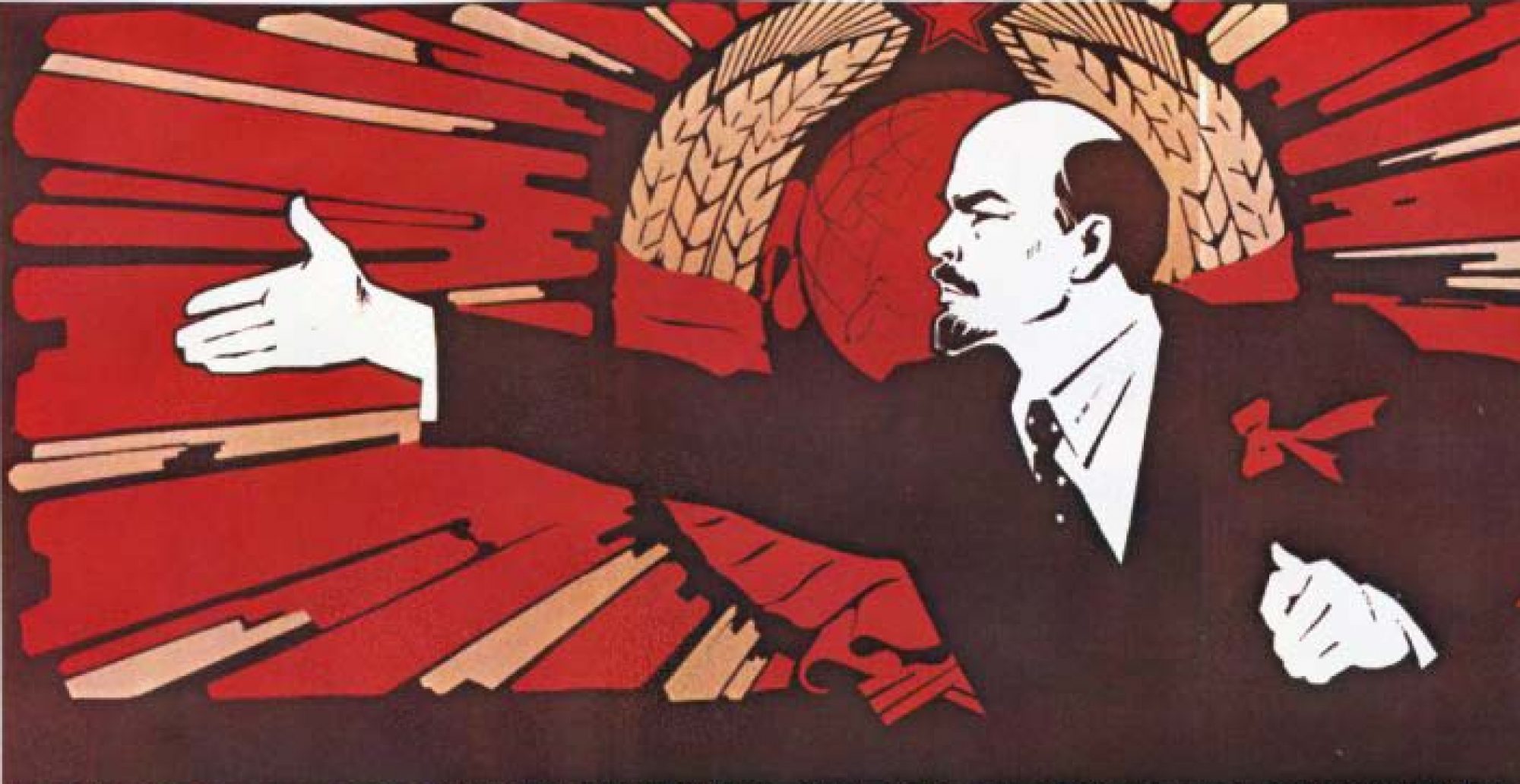Ol’ga Berggolts, “This Is Radio Leningrad!”
- What role does Radio Leningrad Play in keeping hope within the civilians of the U.S.S.R?
- Consider quotes from the text such as:
- “Nowhere had radio broadcasts played a such big role as in our besieged city”
- “Our broadcasts were relayed from Moscow to all parts of the country so that our whole people knew”
- “These broadcasts continued despite bombing raids and shellings. They always began with the same words: “This is Radio Leningrad, the city of Lenin calling the country!”
- Consider quotes from the text such as:
- Radio Leningrad often featured civilian’s on the Radio, like Anna Akhmatova. Do you think there was purpose behind this, if so what?
- Anna Akhmatova, in particular, started with “My dear fellow-citizens” then went onto speak directly to the women of the U.S.S.R. as her audience: “Mothers, wives, sisters of Leningrad” Was there a deeper meaning behind speaking to the women of the country? What type of connection does she establish in doing so, if any?
- While broadcasting, the Soviets were aware of the presence of Nazis listening. The radio was even broadcasted at different times each day. With this knowledge, do you think there was any strategy behind what was put on the radio?
- Again, consider the use of civilian voices such as Anna Akhmatova.
- How does Shostakovich present Dmitrii Shostakovich, Symphony no. 7 “Leningrad” within Ol’ga Berggolts, “This Is Radio Leningrad!”?
Dmitrii Shostakovich, Symphony no. 7 “Leningrad”
- How does the beginning tone compare to the ending tone?
- Consider the speed of the music, intensity, use of certain instruments, quietness, or loudness.
- Is the triumphant ending of the song too big or over-exaggerated? Is there sarcasm in the ending?
- Examine from 17:00-End.
- Is the triumphant ending of the song too big or over-exaggerated? Is there sarcasm in the ending?
- Consider the speed of the music, intensity, use of certain instruments, quietness, or loudness.
- What do you think the main purpose of the symphony was? Was it telling the story of the war? Consider the connection again from, “This is Radio Leningrad”.
Mikhail Sholokhov, The Fate of a Man
- During this time in Russia, the Soviet Government used censorship of literature before anything could be published to the public. Considering this, why is The Fate of a Man such a useful story to the Russian culture and to the Soviet Government that would cause the Soviet Government to make them want to publish it?
- The ex soldier the story teller talked to throughout the story described his life growing up during the famine of the Five Year Plan and becoming a soldier in the Red Army. “ In the famine of twenty two I made for the Kuban and worked my guts out for the kulaks, otherwise I wouldn’t be here now. But my mother, my father, and my little sister back home starved to death. So I was left alone, without a single relative in the whole world- no one (Sholokhov 488)”. Why do you think he talks about the famine the way he does? Is his experience growing up like the peasants experience during the grain laws in The Silent Steppe, the experience of tractor driver Pasha Angelina , or is his experience in between theirs that we haven’t seen yet?
